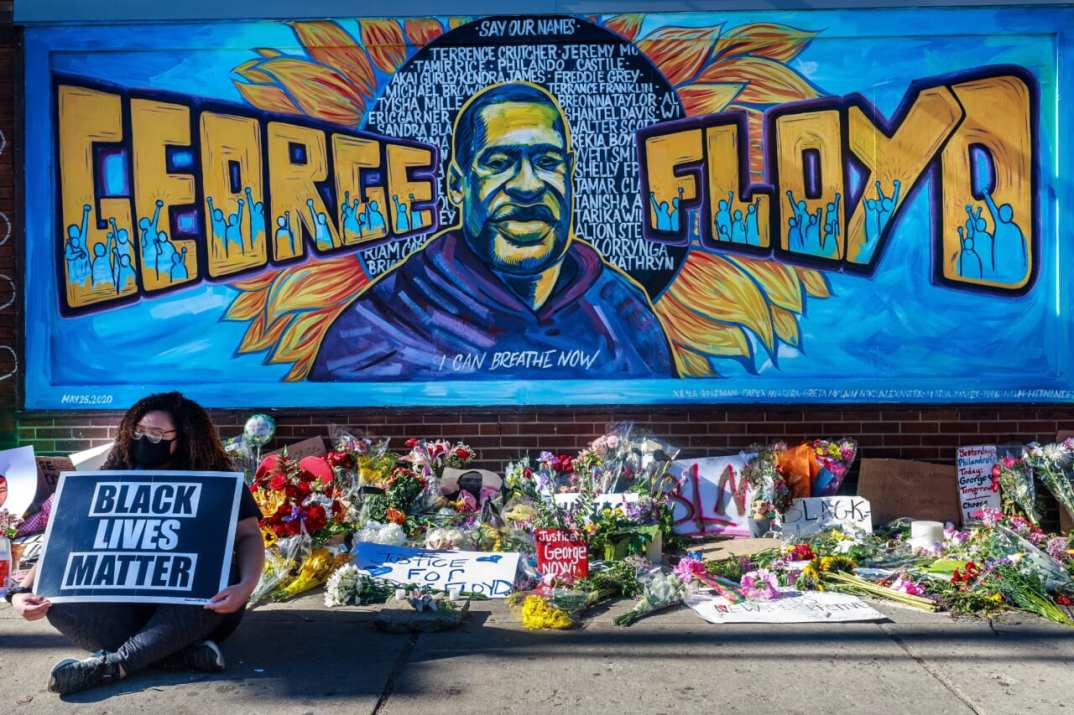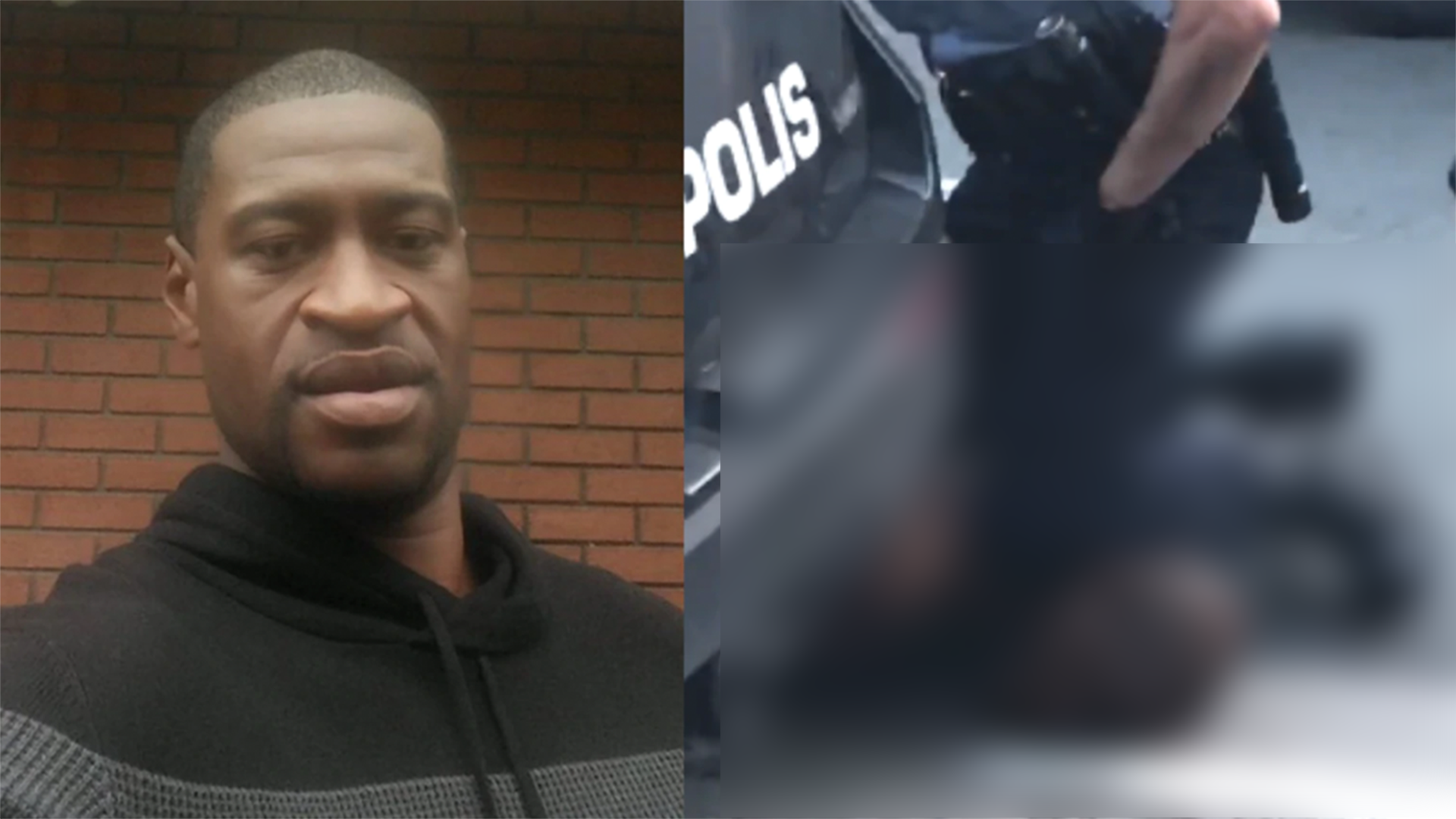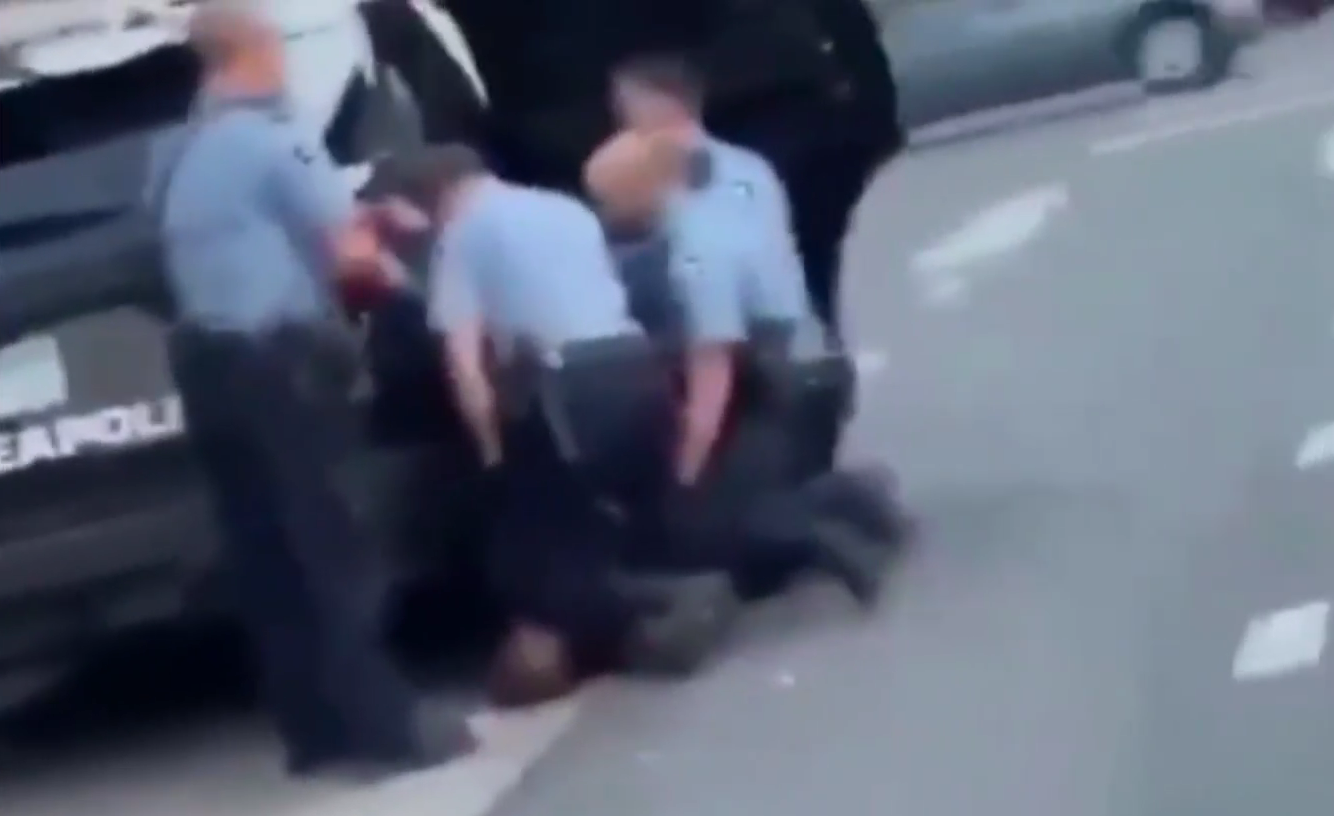Minneapolis to ban police chokeholds in wake of George Floyd death
The new measure would require officers to report and intervene anytime they see an unauthorized use of force by another officer.

MINNEAPOLIS (AP) — Negotiators for the city of Minneapolis agreed with the state Friday to ban the use of chokeholds by police and to require officers to report and intervene anytime they see an unauthorized use of force by another officer.
The changes are part of a stipulation posted online between the city and the Minnesota Department of Human Rights, which launched a civil rights investigation this week in response to the death of George Floyd. The City Council was expected to approve the agreement Friday.
READ MORE: Trump says George Floyd is ‘looking down’ in awe of economy, draws outrage
The agreement would require court approval and would become enforceable in court, unlike the department’s current policies on the use of force and duties to intervene. The agreement would require any officer, regardless of tenure or rank, to immediately radio or phone in from the scene the use of any neck restraint or chokehold to their commander or their commander’s superiors.

George Floyd and Minneapolis Police officer assaulting him (Family photo from Ben Crump and Screenshot from incident)
Similarly, any officer who sees another officer commit any unauthorized use of force, including any chokehold or neck restraint, must try to intervene verbally and even physically. If they don’t, they’d be subject to discipline as severe as if they themselves had used the prohibited force.
The agreement also would require authorization from the police chief or a designated deputy chief to use crowd control weapons, including chemical agents, rubber bullets, flash-bang grenades, batons, and marking rounds. And it would require more timely decisions on disciplining officers.
Meanwhile, a man who was with George Floyd on the night he died told the New York Times his friend did not resist arrest and instead tried to defuse the situation before he ended up handcuffed on the ground and pleading for air as an officer pressed a knee against his neck.
READ MORE: Sharpton eulogized George Floyd, demands America ‘get your knee off our necks’
Maurice Lester Hall, a longtime friend of Floyd’s, was a passenger in Floyd’s car when police approached him May 25 as they responded to a call about someone using a forged bill at a shop. Hall told the newspaper that Floyd was trying to show he was not resisting.
“I could hear him pleading, ‘Please, officer, what’s all this for?’” Hall told the Times.
Hall is a key witness in the state’s investigation into the four officers who apprehended Floyd. Derek Chauvin, the white officer who continued pressing his knee into Floyd’s neck even after Floyd became motionless, is charged with second-degree murder, third-degree murder and manslaughter. The three other officers are charged with aiding and abetting. All four officers were fired.

New footage shows three Minneapolis police officers forcing George Floyd into the pavement moments prior to his death.
Hall’s identity wasn’t made public until the Times’ report.
Hall told “Good Morning America” that the situation escalated quickly and police grabbed Floyd, put him in a squad car, dragged him back out and then “jumped on the back of the neck.” He said Floyd was put in an ambulance and that he didn’t know his friend had died until the next day, when he saw the widely viewed bystander video on Facebook.
“He was just crying out at that time for anyone to help because he was dying,” Hall told the Times. “I’m going to always remember seeing the fear in Floyd’s face because he’s such a king. That’s what sticks with me, seeing a grown man cry, before seeing a grown man die.”
Hall, 42, said he visited a memorial for Floyd and then hitchhiked to Houston, where he was arrested Monday on outstanding warrants for felony possession of a firearm, felony domestic assault and felony drug possession. After his arrest, a Minnesota investigator interviewed him for hours about Floyd’s death. His attorney said he has since been released on the warrant issue.
Have you subscribed to theGrio’s new podcast “Dear Culture”? Download our newest episodes now!
https://open.spotify.com/episode/3ZuyOfTmcLfkxzqMdftiCV?t=0
https://open.spotify.com/episode/2XG71SmYPP80MxutbI1UyO
